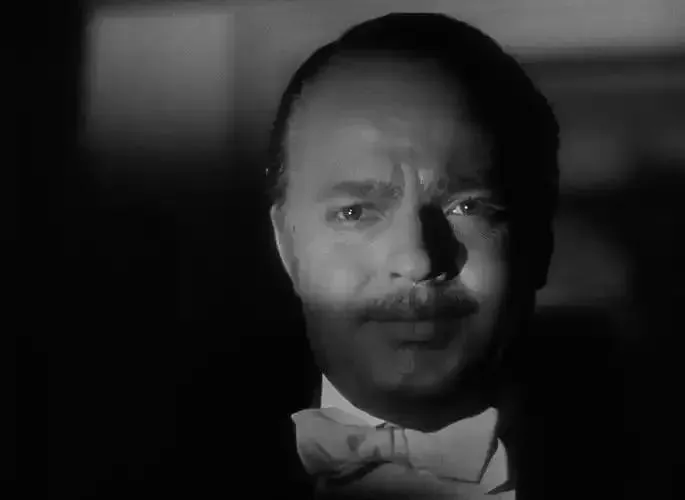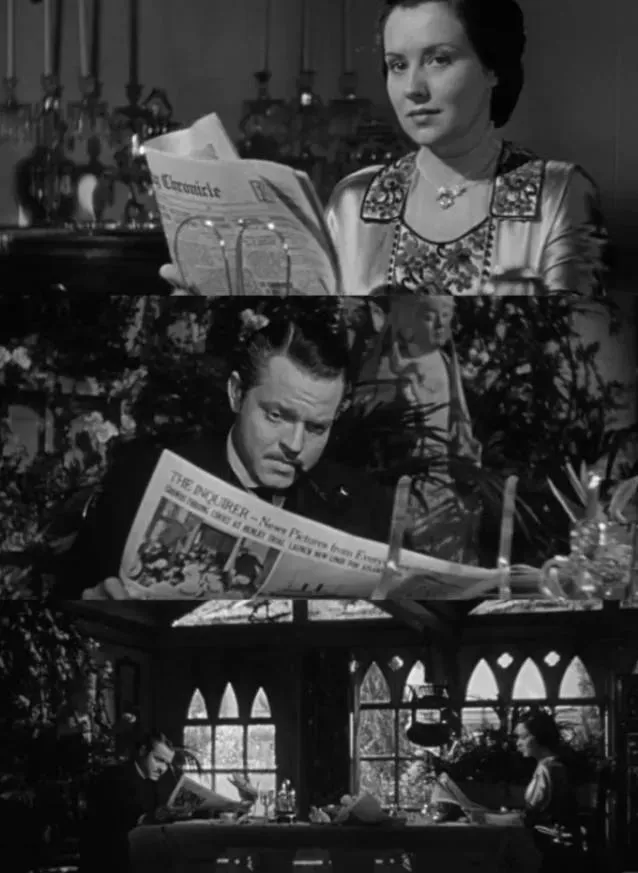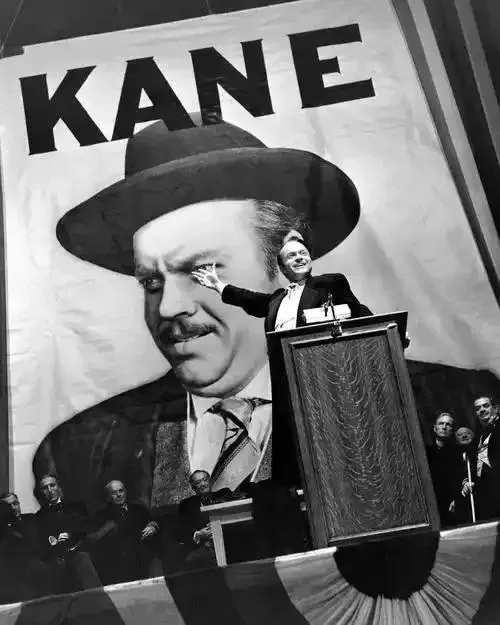The Enigmatic “Rosebud” in Citizen Kane: A Quest for Lost Innocence
Perhaps “Rosebud” represents something Charles Foster Kane never attained, or something he lost along the way. Regardless, it’s unlikely that a single word can fully encapsulate a person’s life. I suspect “Rosebud” is merely a piece of the puzzle, the missing fragment in a complex game.
As the sled buckles in the flames, the greatest cinematic allegory of the 20th century is revealed: what we chase throughout our lives is nothing more than the lost innocence of childhood.

Released in 1941, Citizen Kane acted as a scalpel dissecting the Golden Age of Hollywood. Orson Welles, both director and star, bore a striking resemblance to Charles Foster Kane: “an arrogant, all-knowing genius who experiences alienation and ultimately self-destruction, ending in a desolate old age.” With almost audacious talent, he shattered the constraints of the Hollywood studio system, pioneering a new dimension in cinematic art. His use of “deep focus” allowed for simultaneous clarity in the foreground and background, imbuing the image with depth and metaphor. As French New Wave pioneer André Bazin noted, “Citizen Kane gave time a sense of depth.” Welles disrupted the linear timeline, piecing together the character through multiple perspectives, dissolving “objective truth” and echoing modernist literary trends.

The Unraveling of a Titan
Citizen Kane opens with the death of American newspaper magnate Charles Foster Kane. His dying word, the enigmatic “Rosebud,” prompts reporter Thompson to investigate the life of this legendary figure. Through the recollections of five individuals close to Kane, the film pieces together his journey from impoverished orphan to media empire mogul, his descent into self-destruction amidst power and desire, and his eventual lonely demise in the opulent Xanadu estate. The quest ultimately fails to solve the mystery of “Rosebud,” but it exposes the emptiness and dehumanization lurking beneath wealth and power.
The Meaning of Rosebud
The film’s conclusion reveals “Rosebud” to be the name painted on Kane’s childhood sled. Rosebud is Kane’s last word, and also what he lost and sought after. I believe “Rosebud” represents Kane’s childhood deprivation: love and the ability to love others. Kane craves love, is unable to give love, and ultimately fails to receive it. He treats his second wife similarly to how his mother, in her hope for a better future for him, relinquished his custody to the bank during his childhood. She didn’t ask Kane what he truly wanted, failing to recognize his immediate need for the joys of childhood. Kane believed that providing his wife with a lavish lifestyle would earn him her love, but he failed to understand her true desires. No matter how vast his wealth or how all-encompassing his power, his spiritual core remained trapped in a “deprived childhood.”

Those around Kane were unaware of the meaning of “Rosebud,” never truly entering his world. Perhaps Kane only loved himself, only trusted himself, never opening his heart to outsiders, much like the “No Trespassing” sign on the gates of his Xanadu estate. The discovery of the mysterious “Rosebud” on the old sled, casually discarded into the furnace by estate staff, is profoundly impactful.

A Mirror to Our Times
Over eight decades later, Citizen Kane remains a prism, reflecting the complex spectrum of power, humanity, and the era. This narrative labyrinth has no exit, much like contemporary individuals trapped in the walled city constructed by traffic and capital. Kane began by “speaking for the public,” but ultimately became a “god-maker” who manipulated public opinion. As the information flood of the new media age washes over every screen, we understand Kane’s roar more than ever: “I want them to think what I tell them to think!” As we gaze upon Kane’s loneliness on the screen, are we not also gazing upon ourselves, swept along by the tides of the times? Have you found your own “Rosebud”?
Rosebud: an unbloomed rose, an incomplete childhood, an undeveloped authenticity.